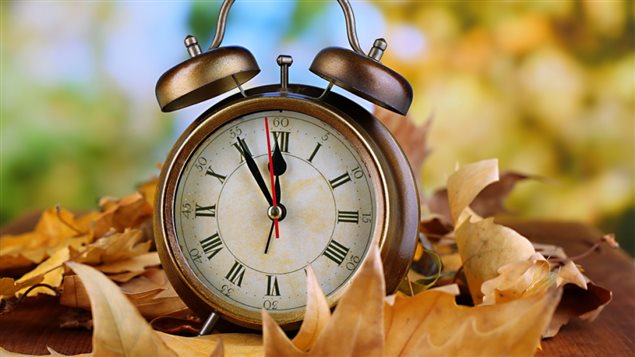It’s happening again this weekend.
On Saturday night before they hit the sack, most Canadians (excepting residents of most of Saskatchewan, parts of British Columbia and northwestern Ontario, as well as northern Quebec and Nunavut) will set their clocks ahead by an hour, forsaking some sleep in pursuit of more sunlight as they make their way from the grey and gloom of winter toward their well-earned bounties of joyful spring evenings and exotic summer nights

Daylight Saving Time arrives at 2 a.m. Sunday.
Oof!
Of course, we get that hour back in the fall, but it remains a rite of spring most of us could do without, especially on the coming Monday and the following couple of weeks.
But, continuing research indicates, the rite of spring may affect more than our bad moods at the thought of losing an hour’s sleep.
Scientists are discovering that the mandated time changes in spring and fall (“spring forward, fall back”) affect our fragile bodies in adverse ways, resulting in some negative consequences.
Roger Godbout is a professor of psychiatry at the University of Montreal and director at the Sleep Laboratory & Clinic at Riviere-des-Prairies Mental Health Hospital in Montreal.
I spoke with him by phone on Friday.
Listen






For reasons beyond our control, and for an undetermined period of time, our comment section is now closed. However, our social networks remain open to your contributions.